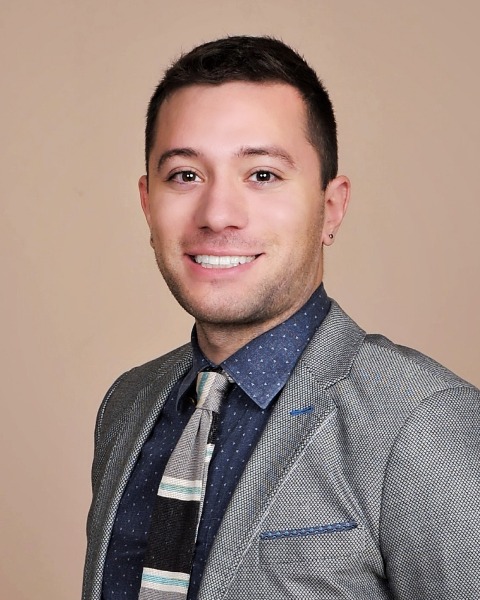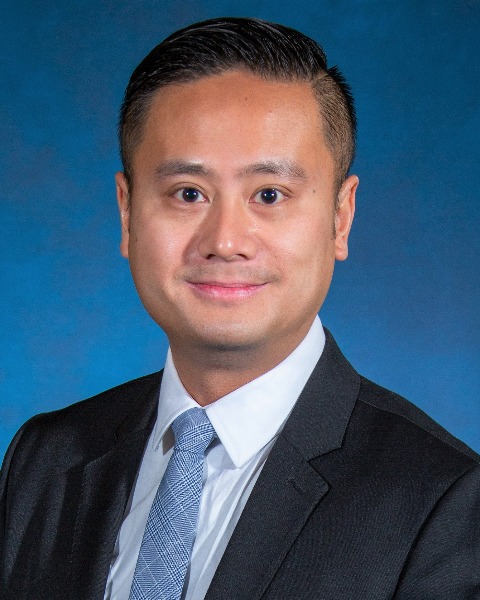Live Workshops
Subspecialty C-L
The Transplant and the Brain: Cognitive Deficits Through the Transplant Process Across the Lifespan

Yelizaveta Sher, MD, FACLP
Clinical Professor of Psychiatry
Stanford School of Medicine
Stanford, California.jpg)
Sarah R. Andrews, MD (she/her/hers)
Assistant Professor
Johns Hopkins University School of Medicine
Baltimore, Maryland
Filza Hussain, MD, FACLP
Clinical Associate Professor
Stanford University
Palo Alto, California
Jon Sole, MD (he/him/his)
Resident Physician
Stanford Medicine
Stanford, California
Timothy L. Wong, DO
Director of Consultation-Liaison Psychiatry, Associate Program Director of Residency Training, Assistant Professor of Psychiatry
Rowan-Virtua School of Osteopathic Medicine
Philadelphia, Pennsylvania
Lead Speaker(s)
Speaker(s)
With the aging transplant population, cognitive disorders become more important and relevant for psychosocial evaluation of transplant candidates, recovery of new transplant recipients, and success and quality of life in longer-term transplant patients. Post-transplant cognitive impairment is associated with a higher risk of hospitalization and mortality, decreased quality of life, and increased healthcare costs in transplant recipients. Not only are cognitive disorders relevant in the aging population, but also for those younger candidates who have documented deficits since childhood. Yet, this is not the topic that is frequently discussed or researched. Neither are cognitive problems routinely screened for or addressed in transplant recipients. To start closing this gap, this workshop will address these topics, raise relevant questions, and allow space for group and case discussion.
Dr. Sarah Andrews will present the nuances of the psychosocial transplant evaluation in people with cognitive impairment, whether long-established since childhood or newer memory deficits due to aging and/or medical complications. She will discuss the various presentations of cognitive impairment in the pre-transplant population, their epidemiology, etiologies, and significance as related to transplant candidacy. She will finish with discussion of how cognitive impairment can affect all aspects of the transplant process and how to best support these vulnerable patients through transplant. Dr. Jon Sole will then continue with a didactic section on relevant neuropsychological tests and evaluations that transplant psychiatrist might use, as well consideration and utilization of neuropsychiatric testing that patient might be referred to. Dr. Timothy Wong will discuss postoperative and subacute neurocognitive changes in patients post-transplant. Through literature review and discussion of clinical experiences, he will explore the common etiologies of post-transplant neurocognitive impairment and provide evidence-based management considerations that can optimize clinical outcomes. Dr. Filza Hussain will present on how particular pre-transplant and peri-operative etiologies of cognitive impairment, such as hepatic encephalopathy and osmotic demyelination syndrome, can present and affect post-transplant outcomes. She will further explore the persistent cognitive deficits and vulnerability to metabolic stresses and neurotoxic effects of medications used in transplant patients. Dr. Yelizaveta Sher will finish the didactic session with discussion of long-term cognitive impairment in transplant recipients. She will discuss possible etiologies (such as contribution of long-term immunosuppressant medication treatments), evaluation, and treatment strategies. After each presenter speaks for 10 minutes, they will then facilitate a 45 minute break-out into small discussion groups. During this time, the groups will discuss cases based on the above didactics and practice their new skills in discussing the evaluation and management of difficult clinical scenarios of cognitive impairment in transplant candidates and recipients.Learning Objectives:

